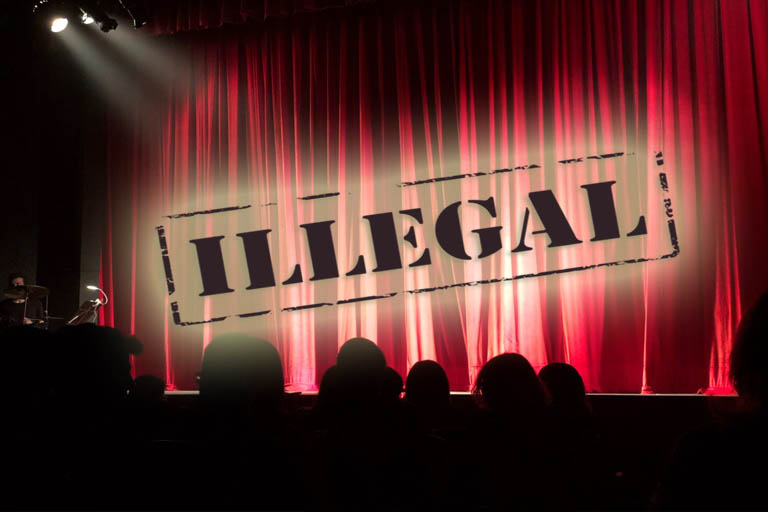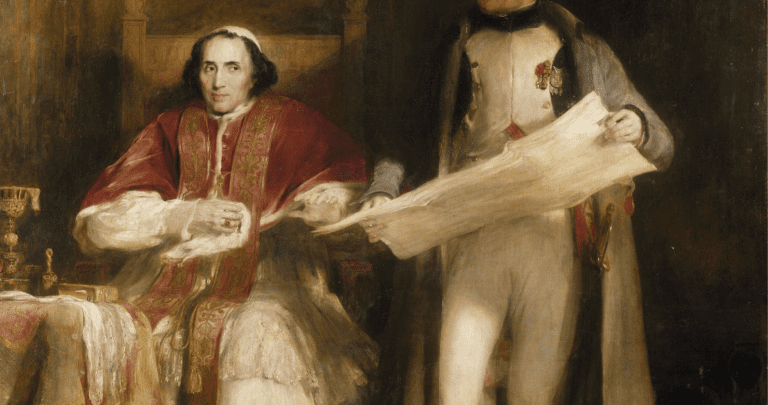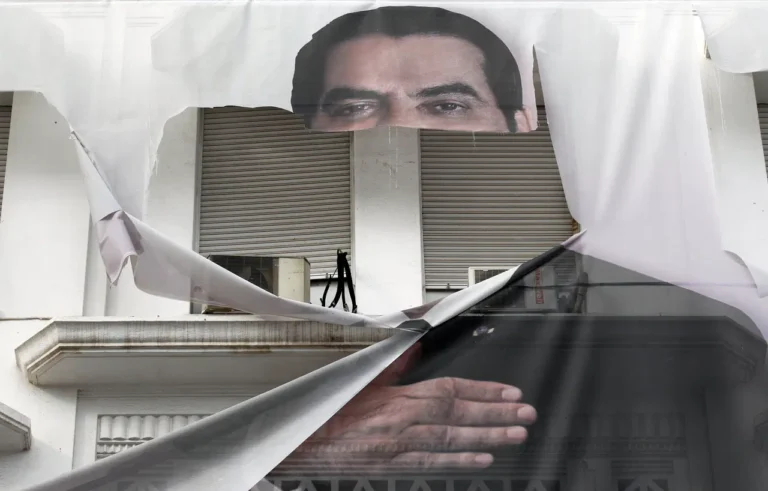
Change slides by grabbing & sliding them left or right or clicking the arrows
7 PLACES WHERE IMPROVISATION WAS OR IS ILLEGAL
In some places Improvisation will get you fined or thrown into prison. At some points in history it could have been worse.
.
Here are 7 places where spontaneity on stage has been or is forbidden. If you don't want to get into trouble you'd better stick to the script!.

1/7
U.K - ENGLAND / GREAT BRITAIN
As a way to stop subversive actions during war time in England, the government passed a law that all stage performances must have their scripts approved by the government. Before The Theatres Act of 1968 eventually brought censorship to an end, improvisation performances in public were illegal.
.
English actress /director Joan Littlewood, who made extensive use of improv in developing plays for performance was successfully prosecuted twice for allowing her actors to improvise on stage.
Improvised shows weren't a thing until Keith Johnstone and the THEATRE MACHINE brought them to the stage. Keith got around the law by telling the authorities that they weren't "performing". He said they were giving a public workshop.

2/7
DUBAI - UAE
The UAE is an interesting part of the world. With more foreign nationals than locals, the government has very clear rules about what can be said and by who. As it was with the UK in the past, the UAE and a number of Middle Eastern countries have adopted practices to keep the expression of ideas regulated by only condoning approved "scripted work" that fits their standards.
.
Without a script, Improvisation has no place in the community and can get you sent out of the country. BUT...
.
Creative minds have their ways to bring "Spontaneous Acts of expression" to stages in Egypt, Lebanon and the United Arab Emirates... as long as they stay under the radar.

3/7
ITALY- THE POPE
DID YOU KNOW...The POPE said "NO!" to Improvisation?
Early in the 1800s
Pope Pius VII assigned six Cardinals assisted by nine police assessors and the Cardinal Vicar, to oversee the Roman theaters to make sure the theatre wasn't going against the word of their God. Everything was censored. Every page of script had to be signed and approved. Performances were expected to be made exactly as written, without omissions or additions.
.
Every show was attended by a censor. Some performers pushed the boundaries with physical and tonal play, (rolling their eyes and speaking sarcastically) that made it difficult for the censors to control. They were, after all, saying exactly what was "written".
God Bless the misbehaving Improviser!

4/7
FRANCE - NAPOLEAN et plus
While the French aristocracy originally banned Improvisation because of the dangers it had on altering society, Napolean outlawed it because he wanted to make sure everyone was saying nice things about him.
.
Theatres could be shut down if their performers said something unplanned and so it was the Theatre owners responsibility to reign their performers in. One performer who "went too far" attempted to save the theatre he performed in after being accused of improvisation by issuing this apology:
"I regret a slip which has had such fatal consequences for a director with whom I am on contract, for the authors whose friend I am, for the players whose comrade I am. I am not at all ashamed to admit I made a mistake in altering a text, of which the actor, whatever may be his personal ideas, should remain the faithful interpreter. The only excuse I can offer the public, my sovereign judge, is that, in a stirring situation, I lost my head, and let myself be carried away by an unfortunate accident of improvisation."
-
Paul Felix Taillade

5/7
TUNISIA.. AND...
Freedom of speech is taken for granted by the average improviser but in many parts of the world, Improvisation happens in the shadows and suppressed by the rules of governments and even the artistic directors of some companies. Like Improvisation, things are changing.
.
Improvisation theatre is young in Saudi Arabia but the government gives financial support to some Improvisation companies like FENEC as they step delicately towards freedom of speech with their artists.
.
In Tunisia, Artists, journalists, and most citizens face harassment when they express ideas freely. While the Jasmine Revolution over-threw a dictator many old rules and attitudes remain.
.
Recently the ministry of justice announced prosecutions against artists presenting "content that undermines moral values”.
.
Improvisation, groups like Marsa'Tac walk a fine line when it comes to letting loose and walking the line drawn around them.

6/7
GERMANY
In the imperial era (1871–1918) of Germany, Emperor Wilhelm II considered theater “a weapon of enormous power” in the “struggle against materialism and un-Germanness"
.
He believed the function of the stage was to "cultivate idealism and character in the younger generation, to ennoble their moral views, and to “prepare them for their task of preserving the highest spiritual values of our wonderful German fatherland.”
.
The authorities felt a great duty to protect the stage and to prevent “any performance that the uneducated ‘common man’ might misconstrue”
.
Police in Munich included an additional clause in regulations, stating, “It is the obligation of theater managers to ensure that their actors do not improvise during performances; [this is to be done] by inserting in the contract of every permanent member of the ensemble and of every guest performer special disciplinary clauses that forbid improvisation."

7/7
AN IMPROVISATION THEATRE NEAR YOU
You CAN'T say "NO".
You CAN'T ask Questions!
You CAN'T talk about (politics, religion, sex, etc)
You MUST accept EVERYTHING your partner or the AUDIENCE says...
.
The "rules" above are laws created by teachers and Artistic Directors who want everyone to improvise the way they think is "THE "RIGHT WAY". I've heard these restrictions many times over the decades. I even know of a few people being banned from their impro companies by over zealous artistic directors.
.
We look at legal restrictions and outright bans on improvisation as ludicrous but we should be aware how restrictions and limitations are added by others who should know better
.
Artistic Directors, Teachers, and Performers, Be careful not to imprison your players, your audience or yourself with restrictive thinking which chips away at the spirit of what improvisation is all about.

"BE MORE", with an intensive immersion in Improvisation
We hope you are enjoying the content.
Interested in a more intense Improvisation experience?
Contact us about the 1 and 2 month improvisation school that happens every year.
EMAIL US NOW FOR MORE INFORMATION!
And, Sign up for the Improvisation School Newsletter for more tips, games, discussions and inspirations monthly
-